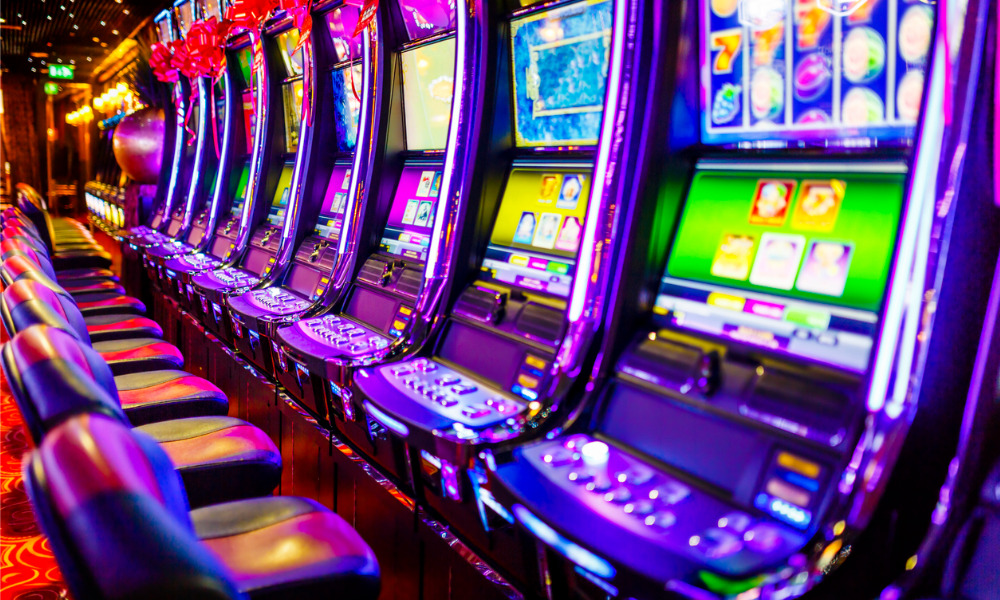Why streaming quality is crucial for live casino play?

Streaming quality forms the backbone of any live casino gaming session. Poor streaming can ruin the gameplay, causing frustration and disconnect at crucial moments. When players sit down for a live dealer session, they expect smooth visuals, clear audio, and real-time interaction – all of which depend on robust streaming technology. Without excellent video transmission, players miss essential details like card values, dealer movements, and game outcomes, making the whole purpose of live casino gaming futile.
Many gaming-focused hubs, such as theschoolmarm.com, strongly emphasise streaming quality, knowing it plays a crucial role in player satisfaction and how long users stay engaged. The technical precision behind streaming can decide whether a player stays in the game or moves on.
Play with no lag
Live casino games operate on specific timing patterns. Dealers announce betting windows, card dealing follows precise protocols, and game results must be communicated promptly. Any delay in this flow disrupts the natural rhythm of casino games. When streaming happens without delays, players can make decisions at appropriate times rather than rushing or missing opportunities. The synchronisation between what occurs at the dealer’s table and what players see on their screens must be nearly perfect for an authentic experience.
Audio clarity connects players to dealers
The social aspect of live casino gaming relies heavily on clear communication between dealers and players. Dealers regularly announce game states, welcome new participants, congratulate winners, and answer questions through chat features. Without clear audio streaming, this interaction becomes impossible. Players miss essential announcements, feel disconnected from the human element, and might make mistakes due to misunderstandings.
Plan bandwidth requirements
Setting up for live casino sessions requires technical preparation from players. This preparation guarantees smooth gameplay without interruptions or quality degradation. Key considerations include:
- Checking internet speed before starting high-stakes games
- Closing unnecessary applications that might consume bandwidth
- Using wired connections rather than WiFi when possible
- Testing the stream quality on free tables before committing real money
- Having backup connection options for critical gaming sessions
- Adjusting video quality settings based on available bandwidth
- Monitoring for interference from other household devices
Mobile optimisation creates flexibility
The growth of mobile casino gaming means streaming technology must adapt to smaller screens and varying connection strengths. Players increasingly switch between devices, expecting consistent quality regardless of how they connect. Mobile streaming optimisation requires:
- Responsive video that adjusts to screen dimensions
- Touch-friendly interface elements that don’t obstruct the stream
- Battery-efficient encoding to prevent device overheating
- Automatic quality adjustment based on connection strength
- Portrait and landscape viewing options without quality loss
- Quick recovery from temporary connection drops
- Minimal data usage without compromising essential visual elements
Combining these streaming quality factors creates the foundation for successful live casino gameplay. The focus can be on strategy and enjoyment rather than technical issues. Casino operators who invest in superior streaming infrastructure attract loyal players who appreciate the attention to technical detail. As internet technologies advance, the standards for acceptable streaming quality will rise accordingly. What seems impressive today may become the bare minimum tomorrow, pushing platforms to constantly improve their streaming capabilities to remain competitive in the live casino market.








